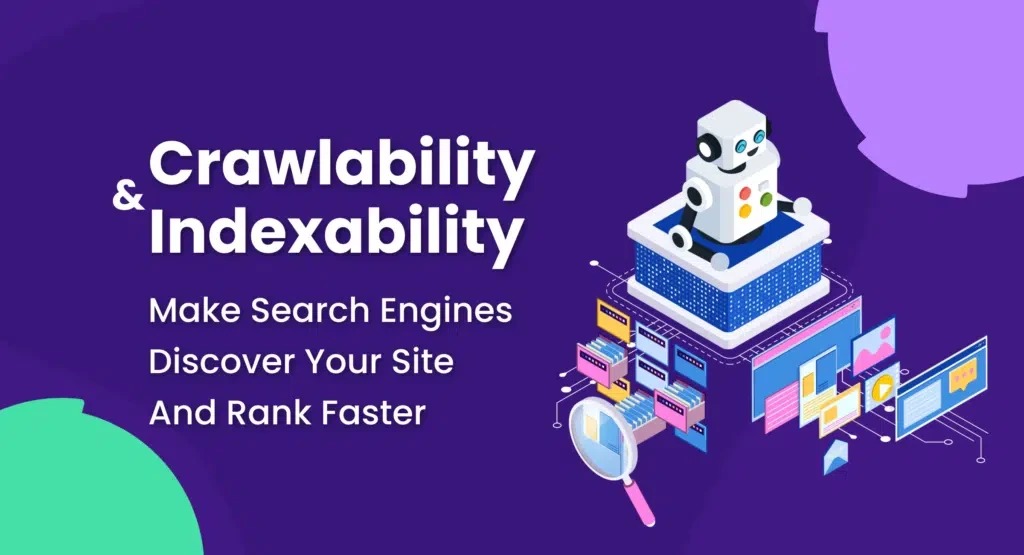In the world of search engine optimization (SEO), two terms that often come up are crawlability and indexability. While these concepts may sound similar, they are actually quite different and play a crucial role in determining how well your website performs in search engine rankings. In this article, we’ll explore the differences between crawlability and indexability and why they are both important for the success of your website.
What is Crawlability?
Crawlability refers to the ability of search engine bots to access and crawl the pages of your website. Search engines use bots, also known as spiders or crawlers, to scan your website’s content and index it in their databases. If your website is not crawlable, search engines will not be able to scan your content, which can significantly impact your visibility in search results.
There are several factors that can affect the crawlability of your website, including the structure of your site, the use of robots.txt files, and the presence of broken links or redirects. Ensuring that your website is easily crawlable is essential for search engines to accurately index your content and display it in search results.
What is Indexability?
Indexability, on the other hand, refers to the ability of search engines to index the content of your website. Once search engine bots have crawled your website, they will index the pages and content so that it can be displayed in search results when users search for relevant keywords.
If your website is not indexable, it means that search engines are not able to include your content in their databases, which will prevent your website from appearing in search results. Factors that can affect indexability include duplicate content, thin content, and issues with meta tags.
Why Crawlability and Indexability are Important
Both crawlability and indexability are essential for the success of your website in search engine rankings. If your website is not easily crawlable, search engines will not be able to access and scan your content, which means that your website will not be indexed and displayed in search results.
Similarly, if your website is not indexable, it means that search engines are not able to include your content in their databases, which will prevent your website from appearing in search results. This can have a significant impact on your website’s visibility and traffic, as most users rely on search engines to find the information they are looking for.
How to Improve Crawlability and Indexability
There are several steps you can take to improve the crawlability and indexability of your website. Here are some tips to help you optimize your website for search engines:
1. Create a Sitemap
A sitemap is a file that lists all the pages of your website and helps search engine bots navigate your site more effectively. By creating a sitemap and submitting it to search engines, you can ensure that all of your pages are crawled and indexed.
2. Optimize Your Robots.txt File
Your robots.txt file tells search engine bots which pages of your website they can and cannot crawl. By optimizing your robots.txt file, you can control which pages are indexed and improve the crawlability of your website.
3. Fix Broken Links and Redirects
Broken links and redirects can prevent search engine bots from crawling your website effectively. By fixing broken links and redirects, you can ensure that all of your content is easily accessible to search engines.
Conclusion
Crawlability and indexability are two critical factors that can impact the performance of your website in search engine rankings. By understanding the differences between these concepts and taking steps to improve the crawlability and indexability of your website, you can increase your visibility in search results and attract more traffic to your site.
Remember to regularly audit your website for crawlability and indexability issues and make necessary adjustments to ensure that search engines can access and index your content effectively. By staying on top of these factors, you can improve your website’s chances of ranking well in search engine results and reaching your target audience.
Implementing best practices for crawlability and indexability is essential for the success of your website in search engine rankings. By focusing on these critical factors, you can optimize your website for search engines and improve your visibility in search results.
